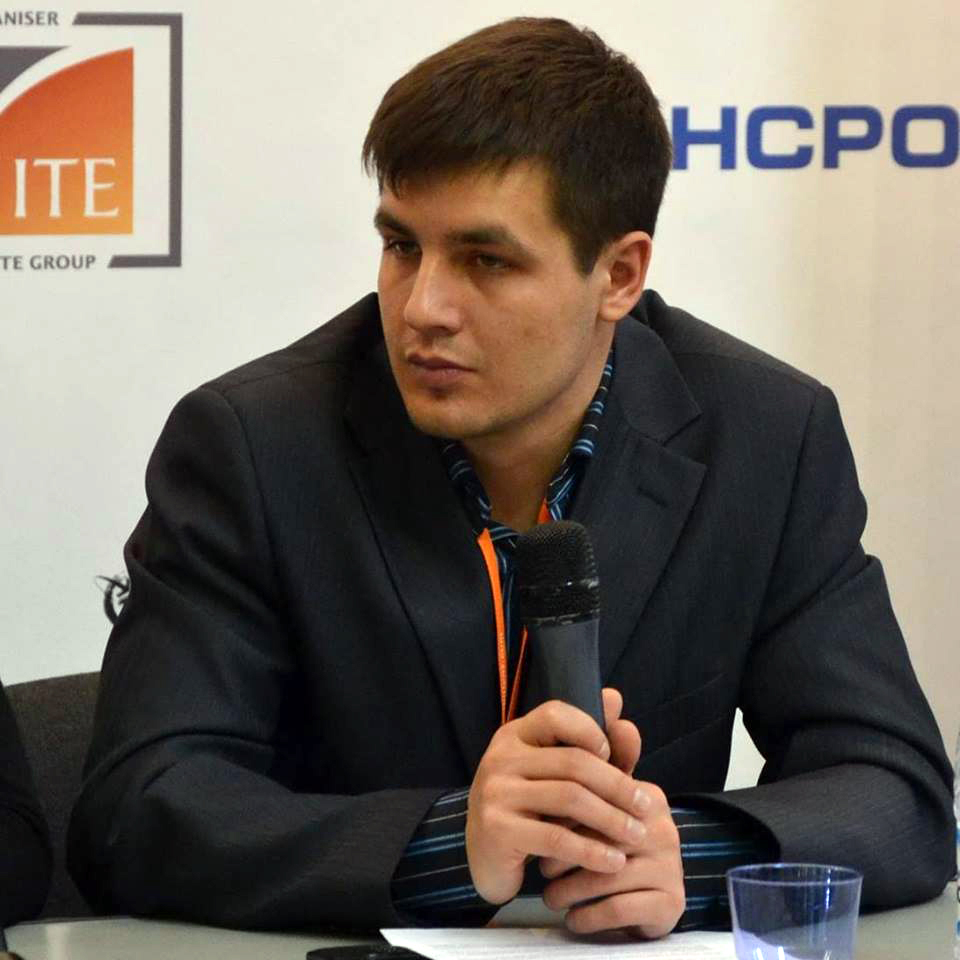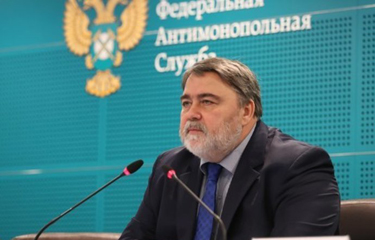The Russian Antitrust Service (RAS) has proposed changes to the mechanism of fishing quota distribution that could expand a major overhaul of how the country manages its seafood sector.
Since 2004, most quotas in Russia have been allocated on the so called “historic principle,” which allocates quota based on the average of a company’s previous years’ catches, provided it fulfills all of its tax obligations, engages in sustainable fishing practices, and uses its entire quota. The system was reimplemented for another 15 years in 2018, meaning if nothing changes, it will be in place through 2034.
However, the RAS has proposed replacing its system of awarding fishing quotas based on historic catch averages with auctions, similar to the changes made in recent years to Russia’s crab fishery. In 2019, the Russian government moved 50 percent of its crab quota into what it called “investment auctions,” which awarded quota in lots to the highest bidder, provided they build a new crab vessel built at a Russian shipyard.
RAS Director Igor Artemyev has emerged as a leading advocate in favor of moving all of Russia’s quotas into auctions, putting his opinion into policy with the rollout of a draft of “The National Plan For The Development Of Competition 2021-2025,” which is in the process of formal submission and which is likely to be signed by Russian President Vladimir Putin in early April.
In an address to the Lower Chamber of the Russian Parliament (Gosduma) in late February, Artemyev proposed selling at least 50 percent of Russia’s fishing quotas through electronic auctions, a model used successfully for the initial crab quota auctions. He said any additional volume resulting from an increased total allowable catch in the future should also be auctioned off rather than awarded by historical precedent.
Artemyev said the move will increase transparency and federal income. The Russian government earned RUB 142 billion (USD 1.88 billion, EUR 1.71 billion) through the crab quota auctions, and that based on estimates from those results, auctions for the remainder of Russia’s total allowable catch could bring in an additional RUB 8 trillion (USD 106.8 billion, EUR 96.5 billion), he said.
“Owners of the fisheries obtain excessive profit. At the same time, seafood is very expensive for the consumers, costing in retail more than meat,” Artemyev said. “The RAS raises the issue to get the president’s and government’s attention to establish new rules and enact them in 15 years. [In that timeframe], businesses will have enough time to get prepared to them,” he said.
However, Artemyev and the RAS face significant opposition to the plan. Representatives of the both chambers of the Russian Parliament, the Russia’s Federal Agency for Fisheries, federal ministries, regional governments and nearly all fishing and seafood businesses in Russia are on record opposing the plan.
Some cite previous assurances made by the Russian government that the changes made to the crab quotas would not be extended into other sectors. In 2019, during debate of the changes to the crab quotas, seafood trade associations demanded a guarantee that auctions would not be extended to other sectors, and in response, Gosduma recommended the government work out a statutory document that would have prevented an expansion of auctions. But neither the guarantee or the document was delivered.
Ilya Shestakov, head of Russia’s Federal Agency for Fisheries, dismissed the idea of changing the quota system. In opposing them, he said such a change would cause a decrease in investments and an increase in social unrest, negatively affecting the sector’s development. Shestakov added that the proposed change would undermine the government’s investment quota program, which rewarded companies that chose to upgrade their fishing vessels or build new processing plants with additional quota, a position backed by Russian Minister of Agriculture Dmitry Patrushev.
Gosduma Argicultural Committee Chairman Vladimir Kashin also vehemently opposed the proposal.
“Auctions will reset to zero the industry’s very positive results achieved in recent years. We remember the auctions in early 2000s having led to a deep financial crisis in the industry, the domination of foreign money, and a significant reduction in the fishing fleet,” he said in an interview with Fishnews media agency.
In pushing back against the proposal, Kashin criticized the outcome of the recently-held crab auctions, which resulted in Gleb Frank, the owner of the Russian Fishery Company, emerging as a big winner, earning him the moniker of “The Crab King.”
“We insist on stopping the attempts to reform the quota distribution system currently in place and selling the fishing rights to oligarchs,” Kashin said.
Sergey Ryabchenko, the president of the Association of Fisheries of the Khabarovsk Region, said at a press conference that the proposal will end up costing Russian consumers and dealing a financial blow to small- and medium-sized fishing companies. He said lessons could be learned by looking back at the early 2000s, when the auctions resulted in an uptick in illegal, unreported, and unregulated (IUU) catch.
In an interview with Fishnews, Longline Fishery Association Vyacheslav Bychkov said Artemyev had exaggerated the financial benefits of the auctions. Many of the companies that participated in the crab auctions borrowed heavily to afford their quota purchases, meaning they will have to recoup those funds from their sales, likely resulting higher seafood prices for Russian consumers. Bychkov warned the previous quota auctions showed that fishing companies are willing to overleverage themselves in order to hold onto quotas that mean the difference between them being able to fish or not.
Andrey Chibis, the governor of the Murmansk region, also opposes the auction plan, on the basis that it will hurt local fishing villages in his region.
While a senior official in Putin’s government, it remains to be seen whether Artemyev carries enough political weight and administrative influence to overcome the united front of opposition facing his proposal. The final decision on the issue will depend on what higher-ranked government officials – and likely Putin himself – decide to do.
Photo courtesy of the Federal Antimonopoly Service of Russia







